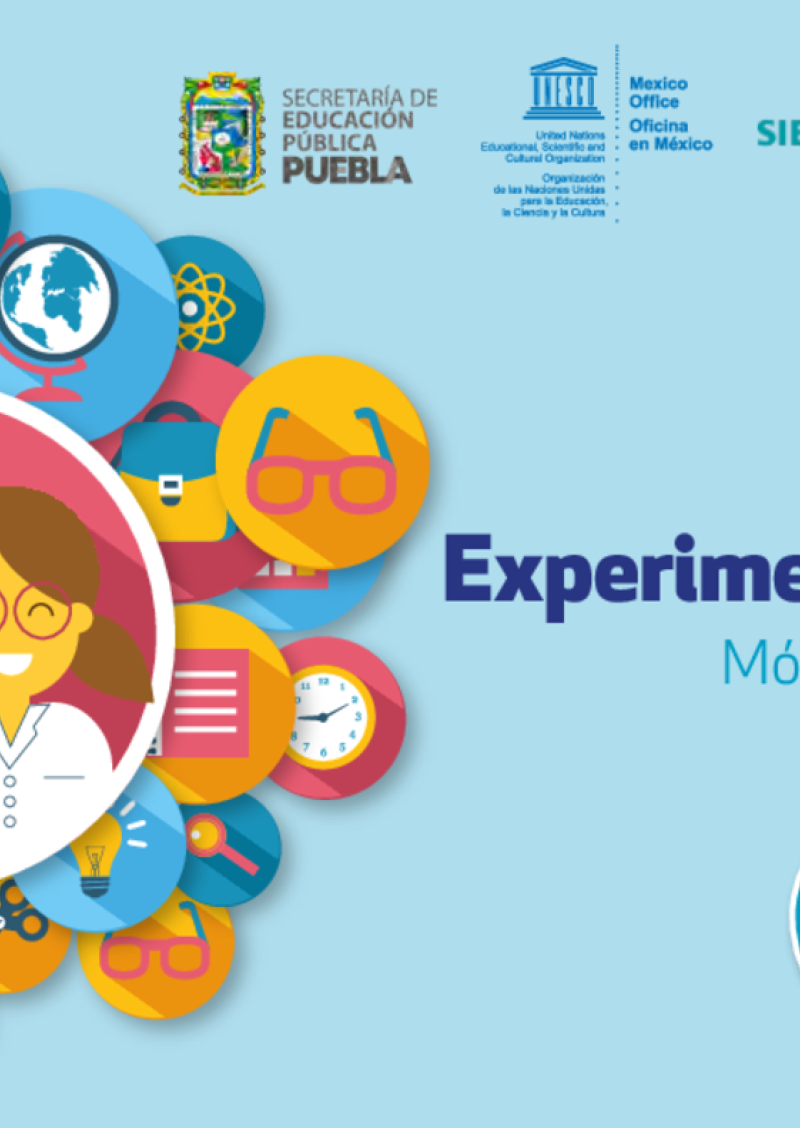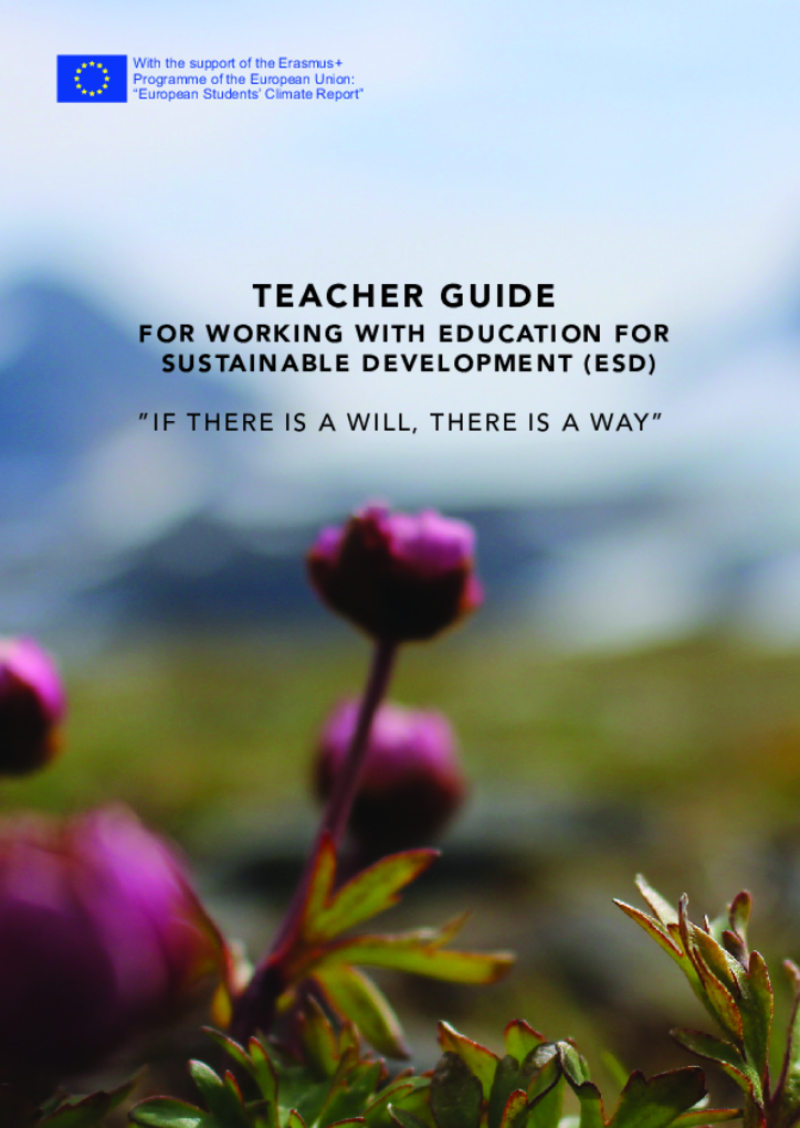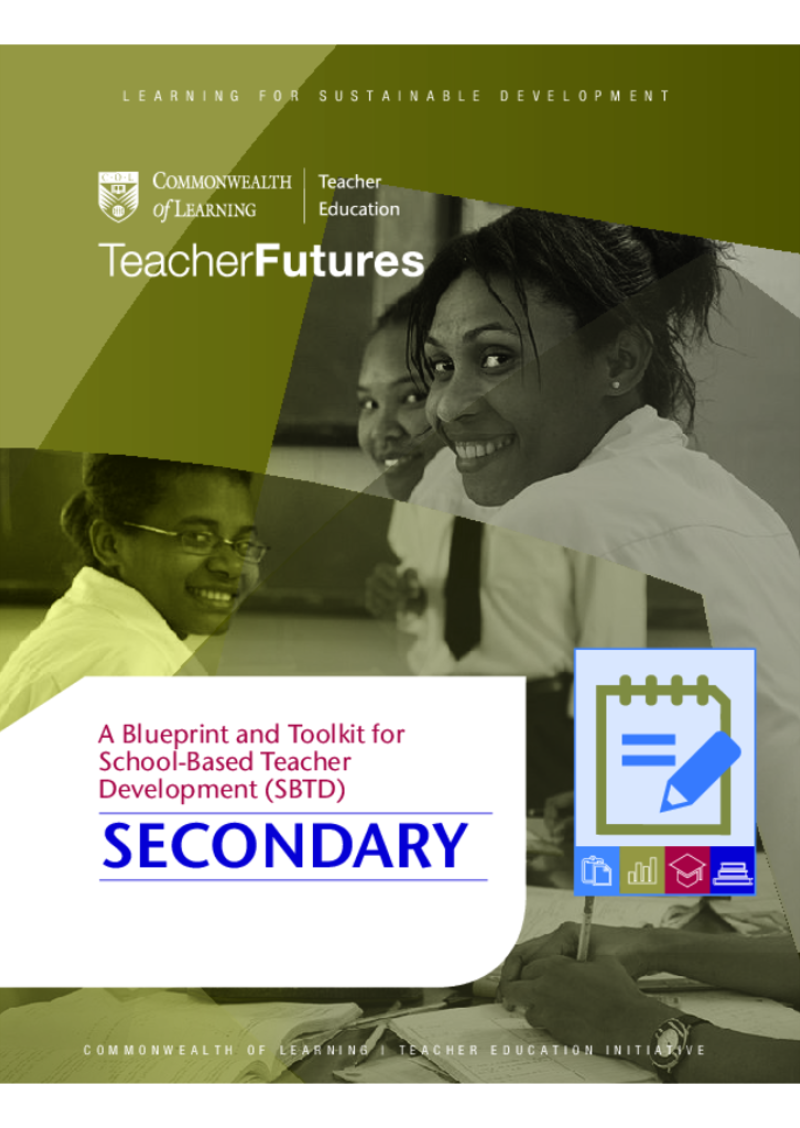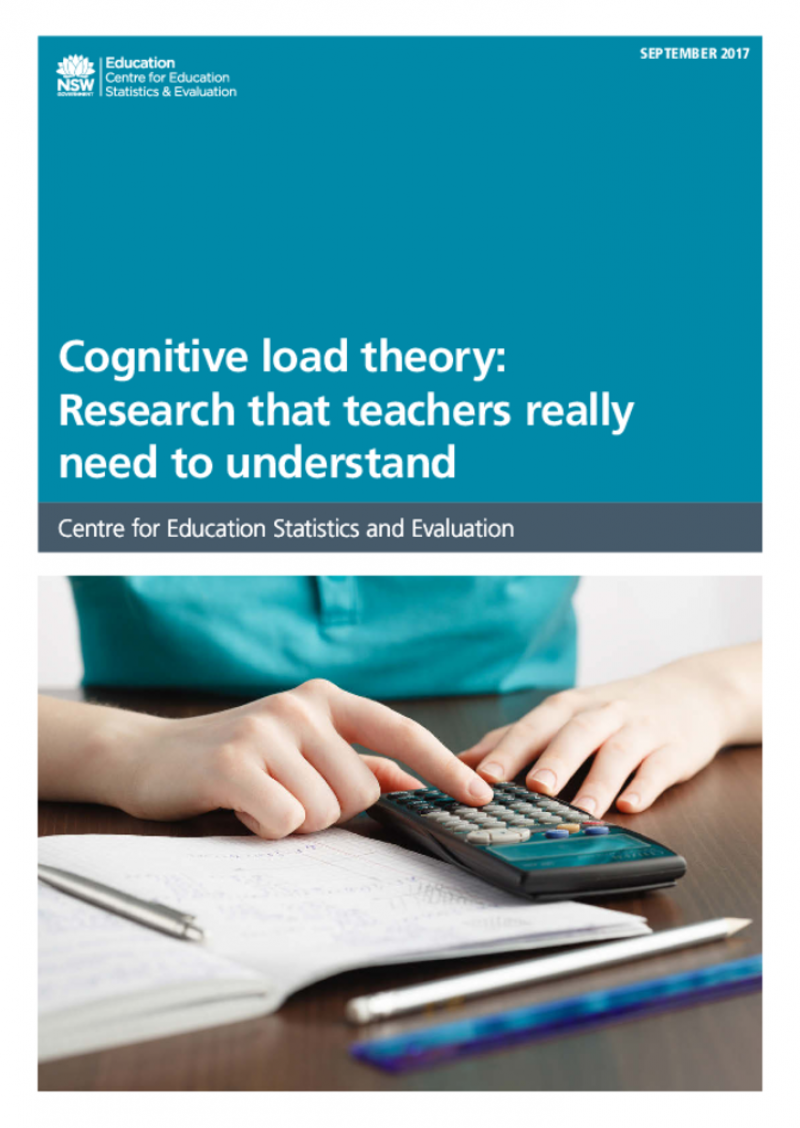مركز موارد المعلمين
عرض 1 - 12 من 12
Experimento 3+ módulo: Salud - Guía de trabajo para docentes de preescolar
Esta guía, elaborada en el marco de un proyecto con la Oficina de la UNESCO en México para desarrollar la enseñanza de la ciencia a nivel preescolar, propone actividades y experiencias científicas para realizar en el aula. Incluye medidas de seguridad que se deben observar y demás instrucciones necesarias. Este módulo se centra en la temática de la salud (conocimiento del cuerpo humano, etc...).
Experimento 3+ módulo: Medio Ambiente - Guía de trabajo para docentes de preescolar
Esta guía, elaborada en el marco de un proyecto con la Oficina de la UNESCO en México para desarrollar la enseñanza de la ciencia a nivel preescolar, propone actividades y experiencias científicas para realizar en el aula. Incluye medidas de seguridad que se deben observar y demás instrucciones necesarias. Este módulo se centra en la temática del medio ambiente (ciclo del agua, contaminación, etc.…).
Experimento 3+ módulo: Energía - Guía de trabajo para docentes de preescolar
Esta guía, elaborada en el marco de un proyecto con la Oficina de la UNESCO en México para desarrollar la enseñanza de la ciencia a nivel preescolar, propone actividades y experiencias científicas para realizar en el aula. Incluye medidas de seguridad que se deben observar y demás instrucciones necesarias. Este módulo se centra en la temática de la energía (producción de energía, objetos conductores etc.…).
Play & resilience: a toolkit for teachers, caregivers, and other stakeholders
Play is an easy, natural and universal practice that builds resilience. Play comes naturally to all children- and is a seemingly simple and light-hearted phenomenon. The power of play as a pathway to building resilience needs to be leveraged to provide children with the opportunity to further explore play in their home and school environments.
This toolkit is therefore premised on the objectives to build the capacity of various stakeholders such as caregivers/teachers, school managers, curriculum planners and policy makers who are key actors in the process of growth and development of children. It is also aimed at equipping these stakeholders with the knowledge and pedagogical skills to translate research, policy and curriculum to practical knowledge and activities for children in the school environment. The toolkit offers directions for facilitators who will be working with caregivers/teachers using the materials and resources provided and other relevant materials available in an environment where it will be used.
Dossier pédagogique - Objectifs de développement durable
Dans cette ressource on retrouve une analyse des programmes scolaires français, intégrant les Objectifs de Développement Durable (ODD). Elle propose des séquences pédagogiques pour différents niveaux (fin primaire, début secondaire) afin d’aborder ces enjeux en classe. Le sujet est contextualisé et expliqué de manière détaillée pour aider les enseignants à mieux comprendre les enjeux des ODD et à les intégrer efficacement dans leur enseignement. Ces outils visent à sensibiliser les élèves aux défis globaux tout en respectant les exigences éducatives.
Teacher Guide for Working with Education for Sustainable Development (ESD)
The purpose of this teacher guide is to inspire teachers who want to work with climate change and sustainable development with their students. In this guide, you will find examples of teaching activities and teacher reflections on these activities. The activities described should be seen as inspiration. They could be adjusted according to a specific teaching context as preferred, thus aligned with the same objectives and perceived outcomes. The EU-project in which the activities were developed, was carried out with upper secondary students (aged 16-19). With smaller changes by the teachers, younger students can also work with the suggested activities. Beyond the goal of learning about climate change and sustainable development, the activities enable students to practice their critical thinking, and develop their communication and presentation skills.
Blueprint and Toolkit for School-Based Teacher Development: Secondary
Created by Bob Moon, this Blueprint and Toolkit offers guidance and resources to support a 12–15 week program. It provides a detailed framework that can be tailored to suit the specific needs of a country, region, district, or school. Aimed at institutions looking to strengthen school-based teacher development (SBTD) to enhance school performance and improve student achievement, this resource is available as Open Educational Resources (OER), making it accessible to policymakers and those involved in implementing teacher development systems.
"Section 4: The Teacher Toolkit: Secondary" is organised around ten key questions. In responding to each question, you will find general commentary on the issues involved and activities that you can try out with your classes. There are also some descriptions of other teacher’s experiences to provide further guidance for you. The accompanying Key Resources should be used alongside the Blueprint and Toolkit when working through each question. The most relevant Key Resources in each case are listed at the beginning of each question.
Youth empowerment for peace and resilience building and prevention of violent extremism in Sahel and surrounding countries: a guide for teachers
This guide is designed to build the capacity of secondary school teachers and teacher educators to integrate a peace and resilience building approach in education for the prevention of violent extremism. It builds on the Transformative Pedagogy for Peace-building guide and it was contextualized to the context the Sahel and surrounding countries.
The guide redefines the role of teachers, inviting them to make a paradigm shift in adopting a transformative pedagogy that allows learners to actively participate in their own learning. Transformative pedagogy builds on active pedagogy and the competencies-based approach. The guide concludes with engaging learning activities to support experiential learning.
تمكين الطلاب لمجتمعات عادلة: دليل موجه إلى معلمي المدارس الثانوية
يهدف هذا الدليل إلى تزويد المعلمين بمجموعة مختارة من الموارد التعليمية ذات الصلة، المتاحة داخل الفصل الدراسي وخارجه (ملخصات الأنشطة القصيرة والدروس والوحدات التعليمية) التي تهدف إلى غرس مبادئ سيادة القانون بين تلاميذ المدارس الثانوية
يمكن استخدام هذا الدليل أيضًا من قبل المهنيين العاملين في قطاع التعليم غير الرسمي أو العاملين مع الشباب، على سبيل المثال، في المؤسسات الرياضية ومنظمات المجتمع المحلي والعمل الاجتماعي والعاملين في القضاء.
الدليل لمعلمي المدارس الابتدائية متاح هنا.
تمكين الطلاب لمجتمعات عادلة: دليل موجه إلى معلمي المدارس الابتدائية
يهدف هذا الدليل إلى تزويد المعلمين بمجموعة مختارة من الموارد التعليمية ذات الصلة، المتاحة داخل الفصل الدراسي وخارجه (ملخصات الأنشطة القصيرة والدروس والوحدات التعليمية) التي تهدف إلى غرس مبادئ سيادة القانون بين تلاميذ المدارس الابتدائي.
يمكن استخدام هذا الدليل أيضًا من قبل المهنيين العاملين في قطاع التعليم غير الرسمي أو العاملين مع الشباب، على سبيل المثال، في المؤسسات الرياضية ومنظمات المجتمع المحلي والعمل الاجتماعي والعاملين في القضاء.
الدليل لمعلمي المدارس الثانوية متاح هنا.
Recommendations for teaching and learning about the Holocaust
Benefiting from the expertise of delegates from more than 30 member countries, the IHRA Recommendations for Teaching and Learning about the Holocaust are intended to provide a basis for policymakers, practitioners, and educators that will help them:
1. Develop knowledge of the Holocaust, ensuring accuracy in individual understanding and knowledge and raising awareness about the possible consequences of antisemitism;
2. Create engaging teaching environments for learning about the Holocaust;
3. Promote critical and reflective thinking about the Holocaust including the ability to counter Holocaust denial and distortion;
4. Contribute to Human Rights and genocide prevention education
Cognitive load theory: Research that teachers really need to understand
To improve student performance, teachers need to understand the evidence base that informs and helps improve their practice. An area of research with significant implications for teaching practice is cognitive load theory.
This paper describes the research on cognitive load theory and what it means for more effective teaching practice. The first part of the paper explains how human brains learn according to cognitive load theory, and outlines the evidence base for the theory. The second part of the paper examines the implications of cognitive load theory for teaching practice, and describes some recommendations that are directly transferable to the classroom.











